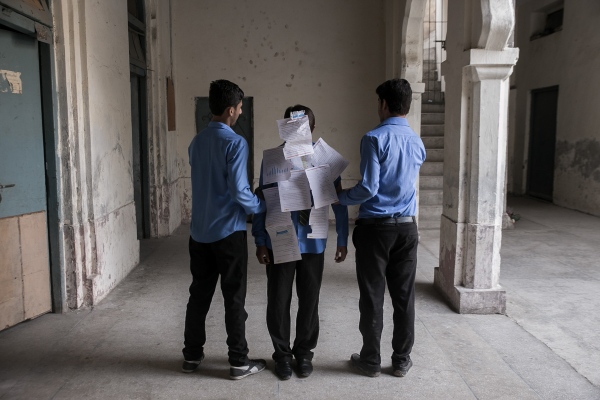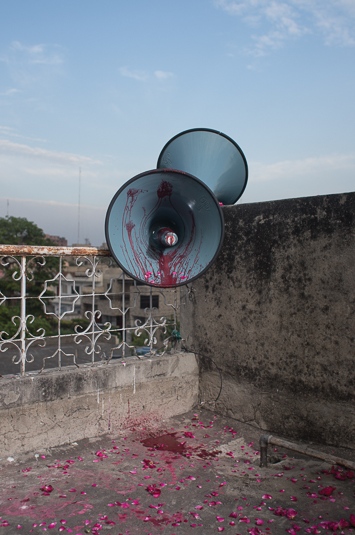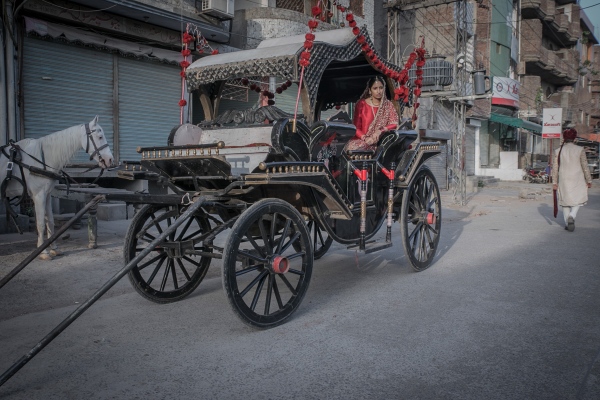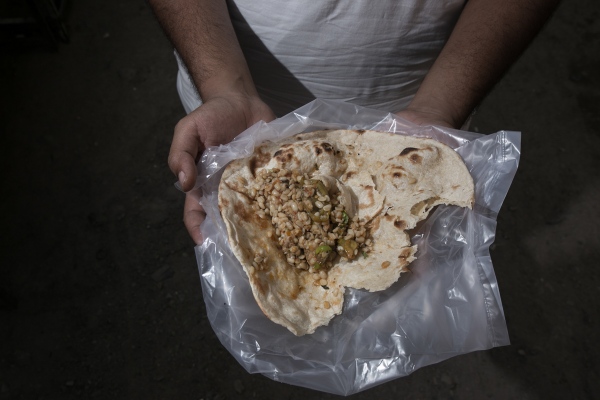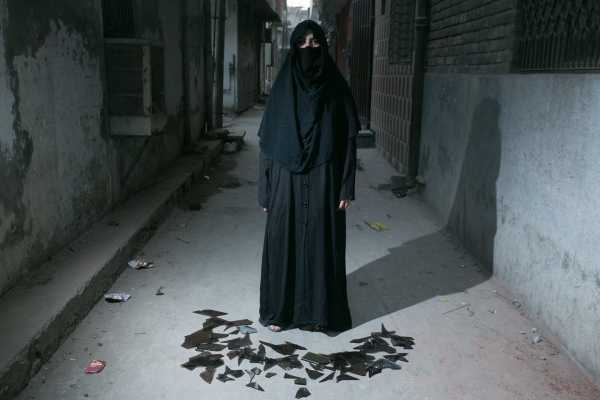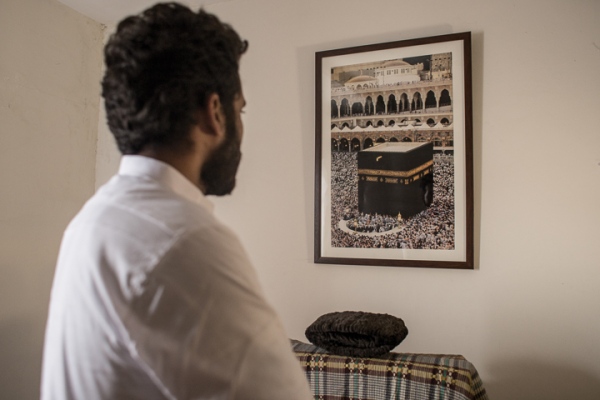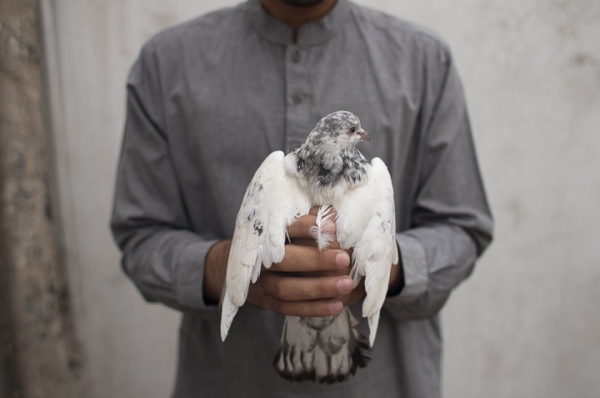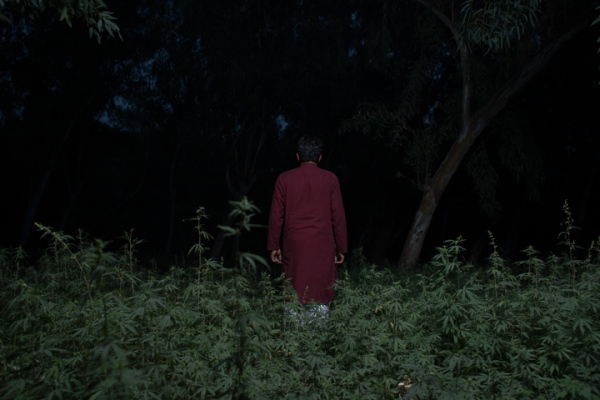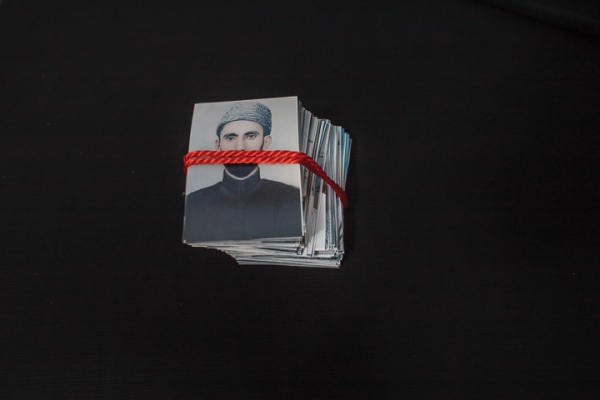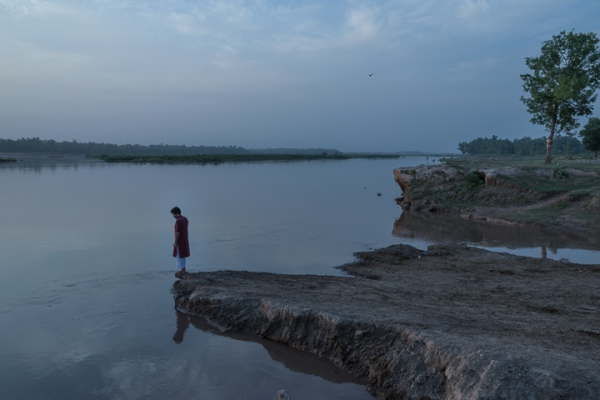
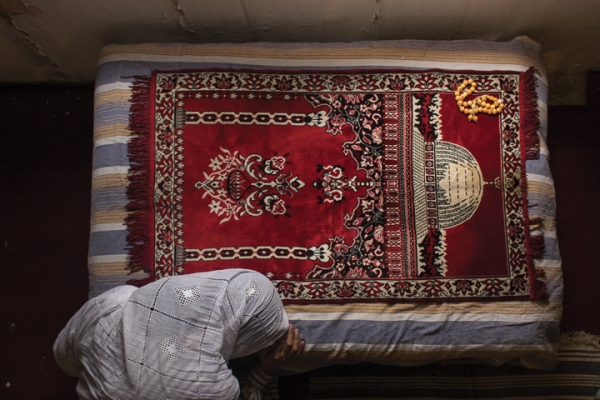
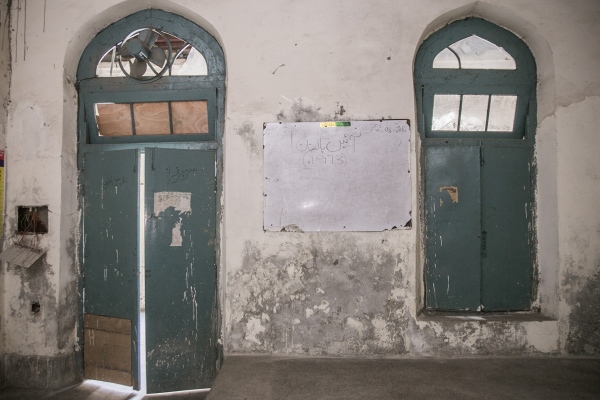
Ahmadi students keep hurt and anger inside during offensive lectures in classroom. Many Ahmadi students hide their
identity to avoid any trouble.
Shadow Lives (On Going)
It is a well known fact that Pakistan is not good to its citizens who do not practice mainstream Sunni faith. Apartheid of Ahmadi minority community is one such example. Since the country’s formation Ahmadi Muslim community has been persecuted but the discrimination was institutionalised when changes were made in the constitution under Zulfikar Ali Bhutto’s parliament in 1974 to declare Ahmadis Non-Muslim making Pakistan the only country to do so. Further changes in 1984 criminalised the religious practices of Ahmadis.
Ordinance XX 1984
298-C. [Any person of the Qadiani group or the Lahori group (who call themselves ‘Ahmadis’ or by any other name), who directly or indirectly, poses himself as a Muslim, or calls, or refers to, his faith as Islam, or preaches or propagates his faith, or invites others to accept his faith, by words, either spoken or written, or by visible representations, or in any manner whatsoever outrages the religious feelings of Muslims shall be punished with imprisonment of either description for a term which may extend to three years and shall also be liable to fine.]
Other than the major riots numerous people get killed in different parts of the country on daily basis because of religious hatred. In 2010 one of the violent attack on mosques of Ahmadis killed 99 people.
The impact of discrimination of Ahmadis is violent and blooded but the everyday life of any Ahmadi is not easy either. Students are scared of telling their class fellows about their religion and in professional spaces colleagues avoid discussing faith. From all social gathering to public offices if you are an Ahmadi in Pakistan, you hide your religious identity or face the social bigotry.

